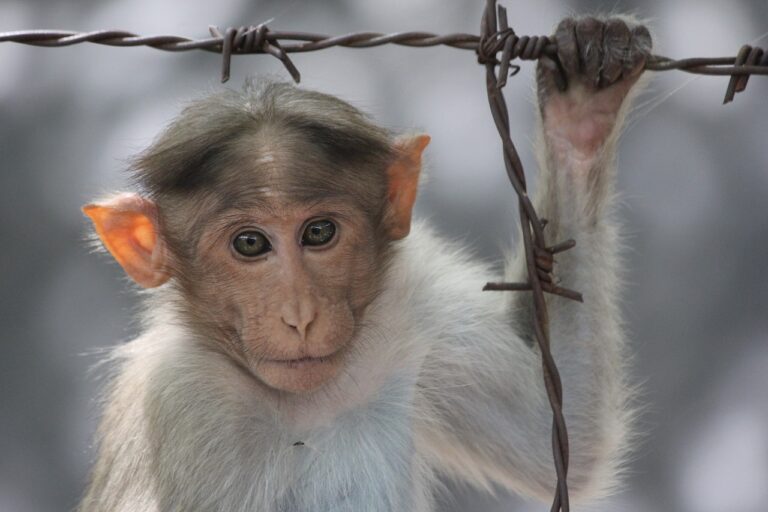Analyzing the Impact of Foreign Interference on Electoral Integrity: Cricbet99 id password, Sky99 login, Ready book club
cricbet99 id password, sky99 login, ready book club: Foreign interference in electoral processes has become a major concern in recent years, as countries around the world grapple with the impact of outside forces on their democratic systems. From hacking attempts to disinformation campaigns, the tactics used by foreign actors to influence elections have raised serious questions about the integrity of the electoral process.
In this article, we will analyze the impact of foreign interference on electoral integrity, exploring how these actions can undermine democracy and what can be done to protect against them.
The Rise of Foreign Interference
With the rise of technology and the interconnectedness of the world, foreign interference in elections has become more prevalent than ever before. Countries such as Russia and China have been accused of meddling in the electoral processes of other nations, using a variety of tactics to sway public opinion and influence the outcome of elections.
One of the most common forms of foreign interference is hacking, in which foreign actors gain access to sensitive information in order to manipulate the electoral process. By hacking into political parties, government agencies, or even voting systems, these actors can disrupt the election and create chaos.
Disinformation campaigns are another common tactic used by foreign actors to interfere in elections. By spreading false information through social media, fake news sites, or other channels, they can influence public opinion and sow division among the electorate.
The Impact on Electoral Integrity
Foreign interference can have a devastating impact on the integrity of electoral processes. By undermining the trust of voters in the democratic system, these actions can erode the foundation of democracy itself.
When foreign actors interfere in elections, they are essentially manipulating the outcome of the democratic process. This not only undermines the will of the people but also creates a sense of illegitimacy around the election results.
Moreover, foreign interference can have far-reaching consequences beyond the immediate election. By sowing division and mistrust among the population, these actions can weaken the fabric of society and make it harder for countries to come together and address pressing issues.
Protecting Against Foreign Interference
In order to protect against foreign interference, governments must take proactive measures to secure their electoral processes. This includes investing in cybersecurity to protect against hacking attempts, as well as implementing measures to combat disinformation and fake news.
Additionally, international cooperation is crucial in the fight against foreign interference. By working together to share information and resources, countries can better defend against outside threats and ensure the integrity of their electoral processes.
Ultimately, protecting against foreign interference requires a multi-faceted approach that addresses the root causes of these actions and strengthens the resilience of democratic systems.
In conclusion, foreign interference poses a serious threat to the integrity of electoral processes around the world. By understanding the tactics used by foreign actors and taking proactive measures to defend against them, countries can safeguard their democratic systems and uphold the trust of their citizens in the electoral process.
FAQs:
Q: What are some common tactics used by foreign actors to interfere in elections?
A: Some common tactics include hacking, disinformation campaigns, and social media manipulation.
Q: How can countries protect against foreign interference?
A: Countries can protect against foreign interference by investing in cybersecurity, combating disinformation, and working together with international partners.
Q: What are the consequences of foreign interference on electoral integrity?
A: The consequences include undermining trust in the democratic system, manipulating election outcomes, and creating division among the population.







